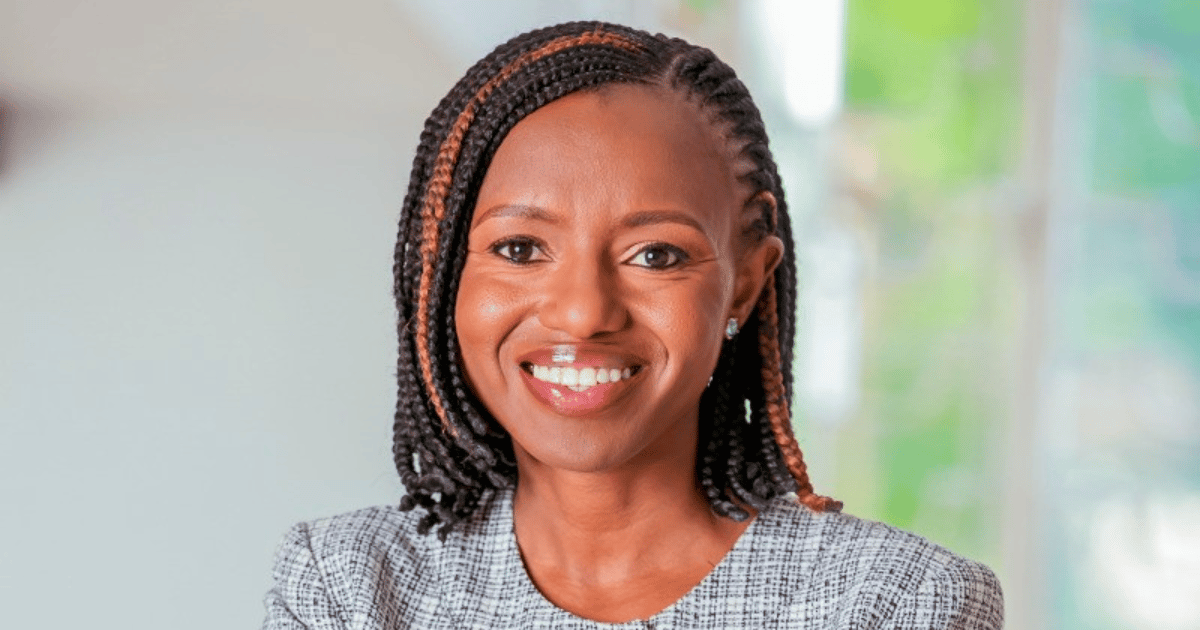- Renewables Rising
- Posts
- Opinion: Why renewables must power Africa’s digital leap
Opinion: Why renewables must power Africa’s digital leap

From the newsletter
Data centres are sprouting in Africa as more people get connected to the internet, pushing demand for these power-hungry machines. Bilha Ndirangu sees this as an opportunity for Africa to build new data centres reliant on clean energy. In today's opinion article, she writes about how these centres can become the backbone of a climate-resilient digital infrastructure.
Ms Ndirangu serves as the CEO of Great Carbon Valley, a venture working to harness the Great Rift Valley's resources for global decarbonisation, developing large-scale green industry and carbon removal projects.
She believes that AI and renewable energy are a "power couple". If pursued together, they can reinforce each other, driving inclusive growth while sidestepping the environmental costs that have plagued other regions.
More details
By Bilha Ndirangu
Artificial Intelligence is the defining force shaping our era of innovations. Across healthcare, education, agriculture, and finance, AI presents Africa with a rare chance to leapfrog development hurdles and address persistent social challenges. Yet, as the continent prepares to harness AI at scale, it faces a pivotal question that cannot be ignored: Where will the energy come from?
To be clear, AI is not a lightweight technology. Training a single advanced AI model can consume as much electricity as hundreds of homes do in a year. Running AI-powered services, whether in hospitals, schools, or logistics, demands relentless computing power, robust data centres, and, above all, a stable supply of electricity.
For many African regions, where power grids are fragile or even absent, this might seem like an insurmountable barrier. But I see it differently: Africa’s energy challenge is also its greatest opportunity.
Africa is blessed with immense renewable energy potential, accounting for 40% of global reserves. This includes vast solar resources across the Sahel and Sahara, reliable wind corridors in Kenya and South Africa, abundant geothermal in the East African Rift, and untapped hydropower in the Congo Basin.
These resources are not only clean and increasingly affordable, but they are also efficiently scalable. By investing in renewables now, Africa can create a digital economy that is both intelligent and sustainable.
At the heart of any AI-driven economy lies the data centre. These facilities are the engines that store, process, and analyse the data fueling AI. Traditionally, data centres are energy guzzlers and, when powered by fossil fuels, they become major carbon polluters.
Africa has a choice. Instead of copying outdated, polluting models, the continent can build green data centres from scratch, which are powered by renewables, strategically located near energy sources, and designed with efficiency in mind. These centres can become the backbone of a climate-resilient digital infrastructure.
Indeed, several African nations are already proving this vision. Morocco, for instance, plans to build a 500 MW renewable energy-powered data centre as part of its $1.22 billion digital modernisation strategy. South Africa's Teraco plans to power 50% of its data centres with renewable energy by 2027 and 100% by 2035, supported by a 120 MW solar plant. With the right policies and investment frameworks, more African nations can become regional AI hubs, serving both domestic needs and global clients.
What must happen next?
To seize this moment, Africa needs action on several fronts:
Policy vision and energy planning: Governments must align AI strategies with renewable energy and industrial policies, making green digital infrastructure a top priority.
Investment in grid and off-grid solutions: Expanding energy access through grid extensions and decentralised mini-grids is essential for homes, clinics, rural data points, and smart agriculture.
Skills for a Green-AI economy: Africa must cultivate not just data scientists, but also energy engineers, technicians, and planners to build and sustain this future.
Data governance and sovereignty: Storing and processing Africa’s data locally in green data centres is about more than technology; it’s about digital sovereignty.
The moment is now
We stand at a crossroads: the climate crisis on one side, a technological revolution on the other. Africa does not have to choose between progress and sustainability. In fact, AI and renewable energy, pursued together, can reinforce each other, driving inclusive growth while sidestepping the environmental costs that have plagued other regions.
This is not a luxury. It is a strategic imperative. If Africa is to leap into the future, it must do so on a green foundation.
The story of AI in Africa will not be written in code alone. It will be powered by the sun, the wind, geothermal energy, and the resilience of its people.